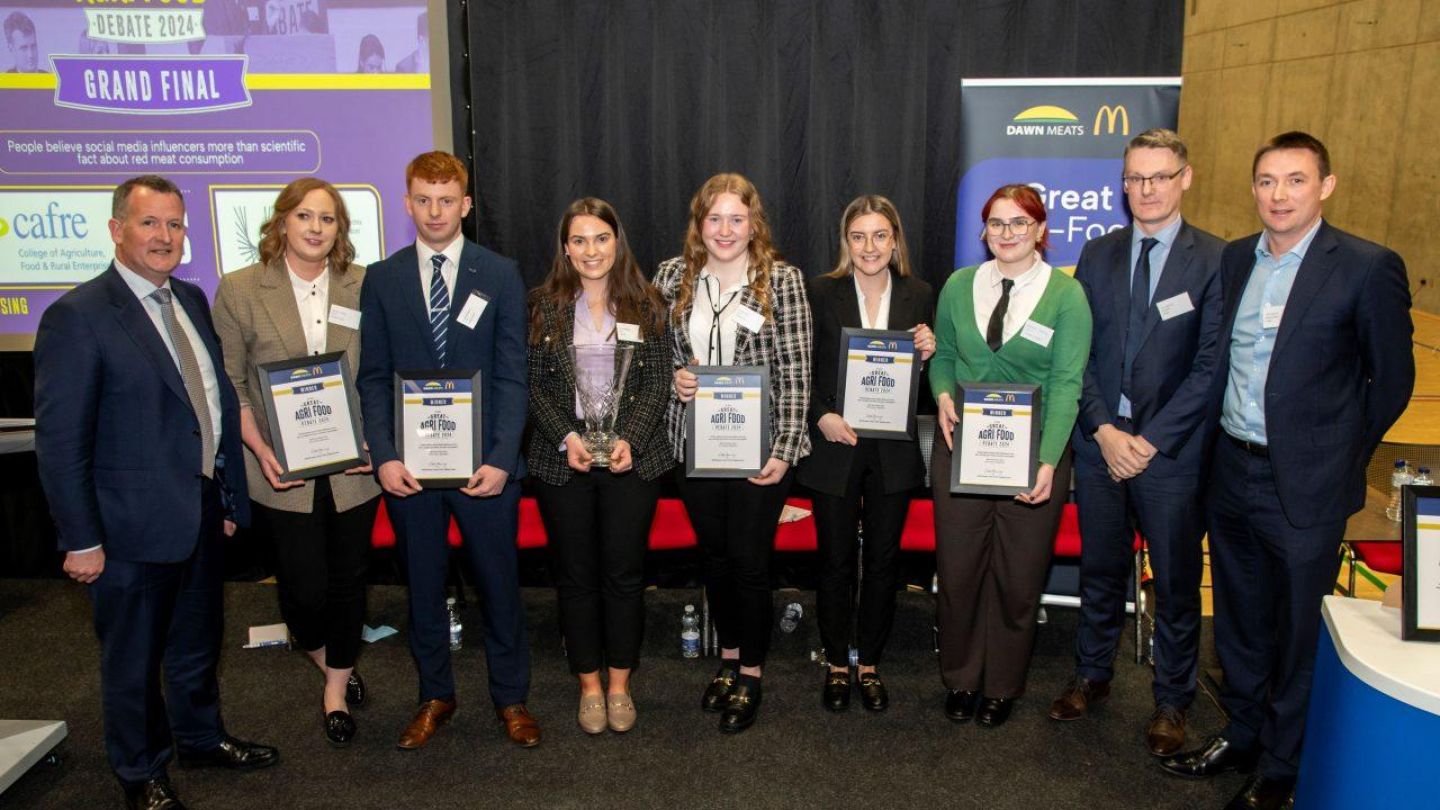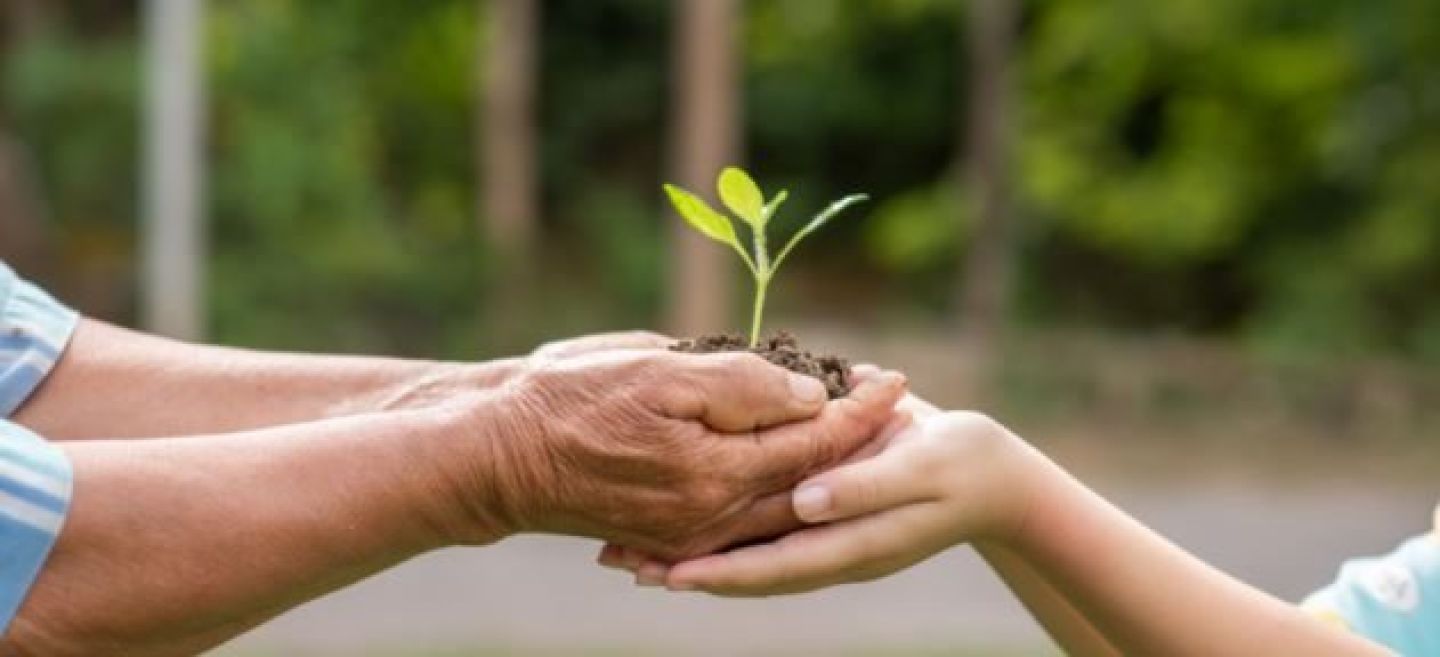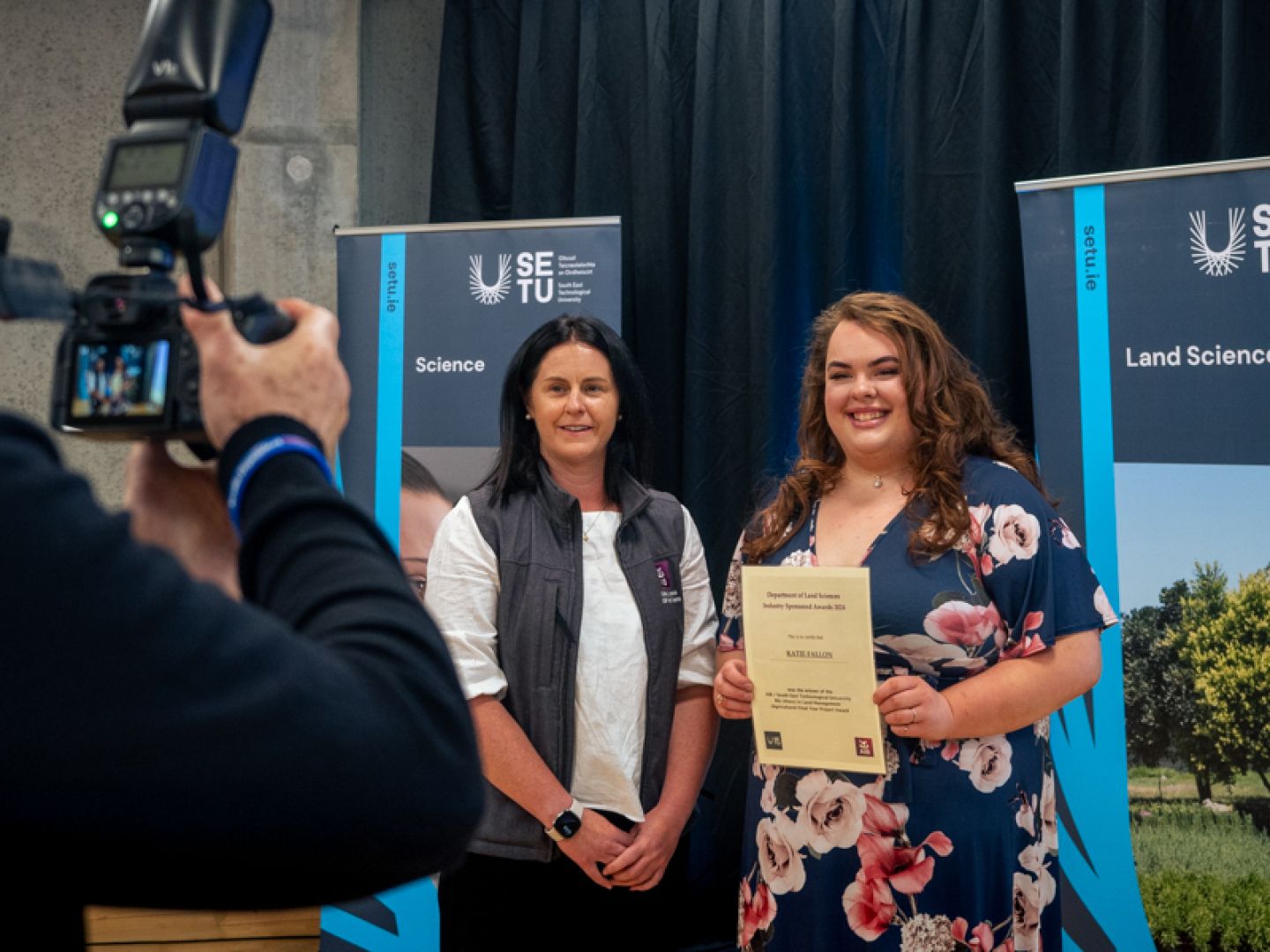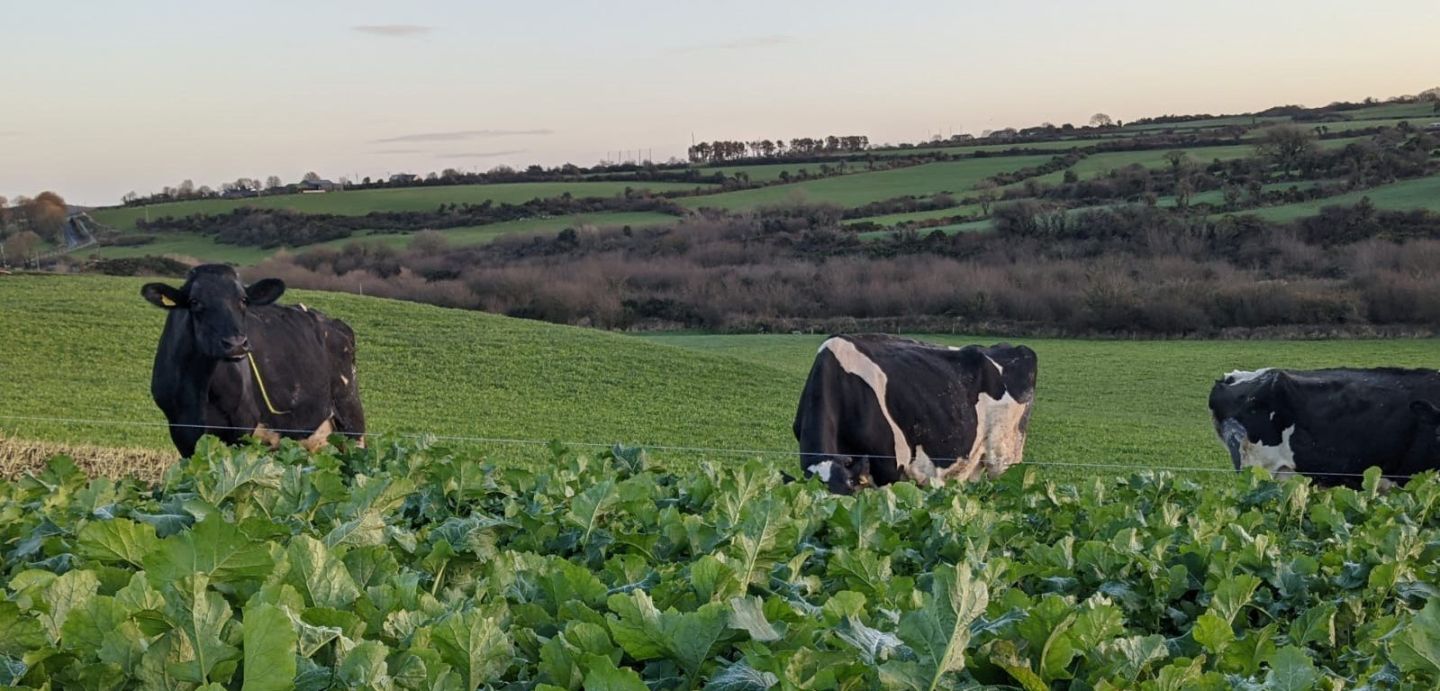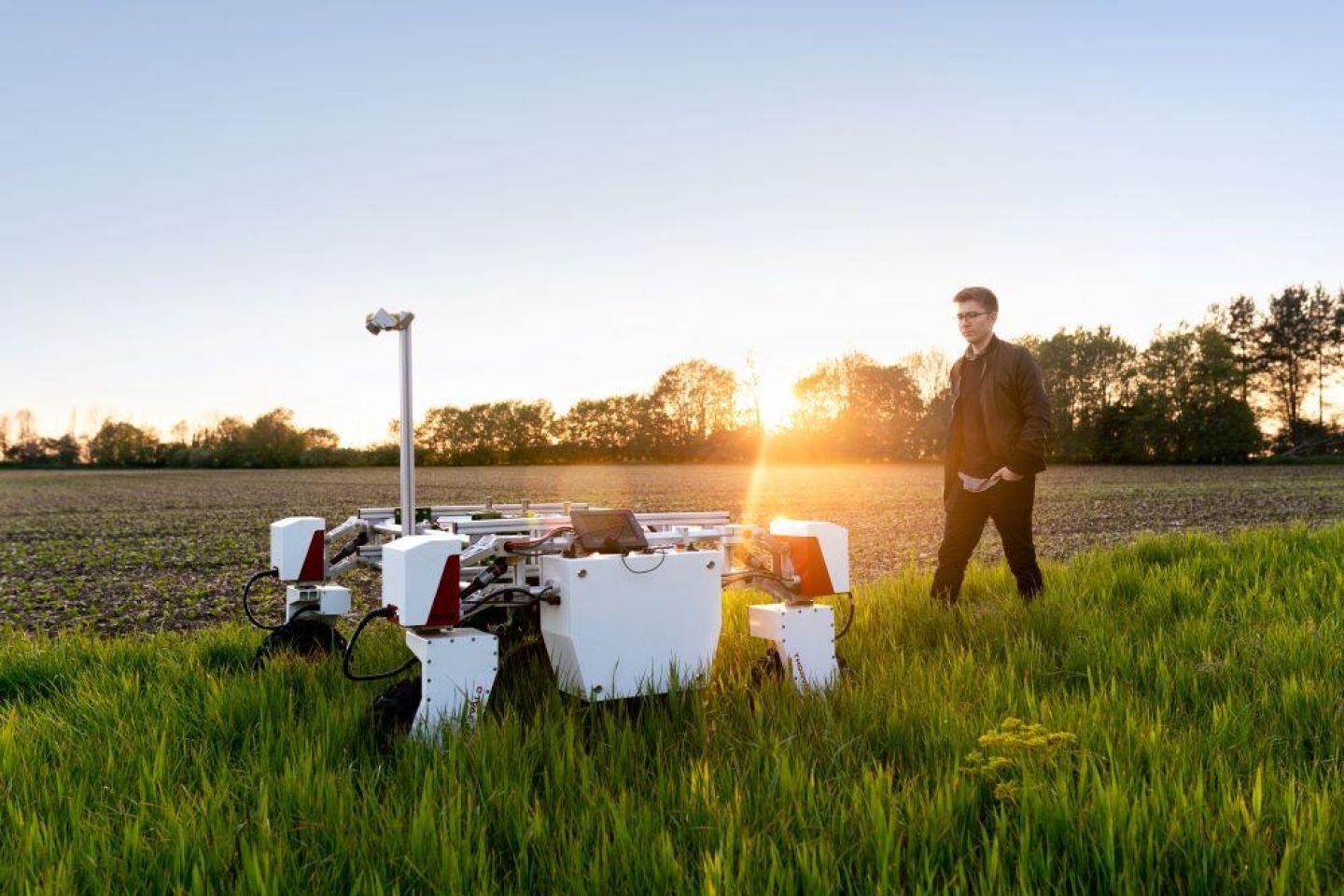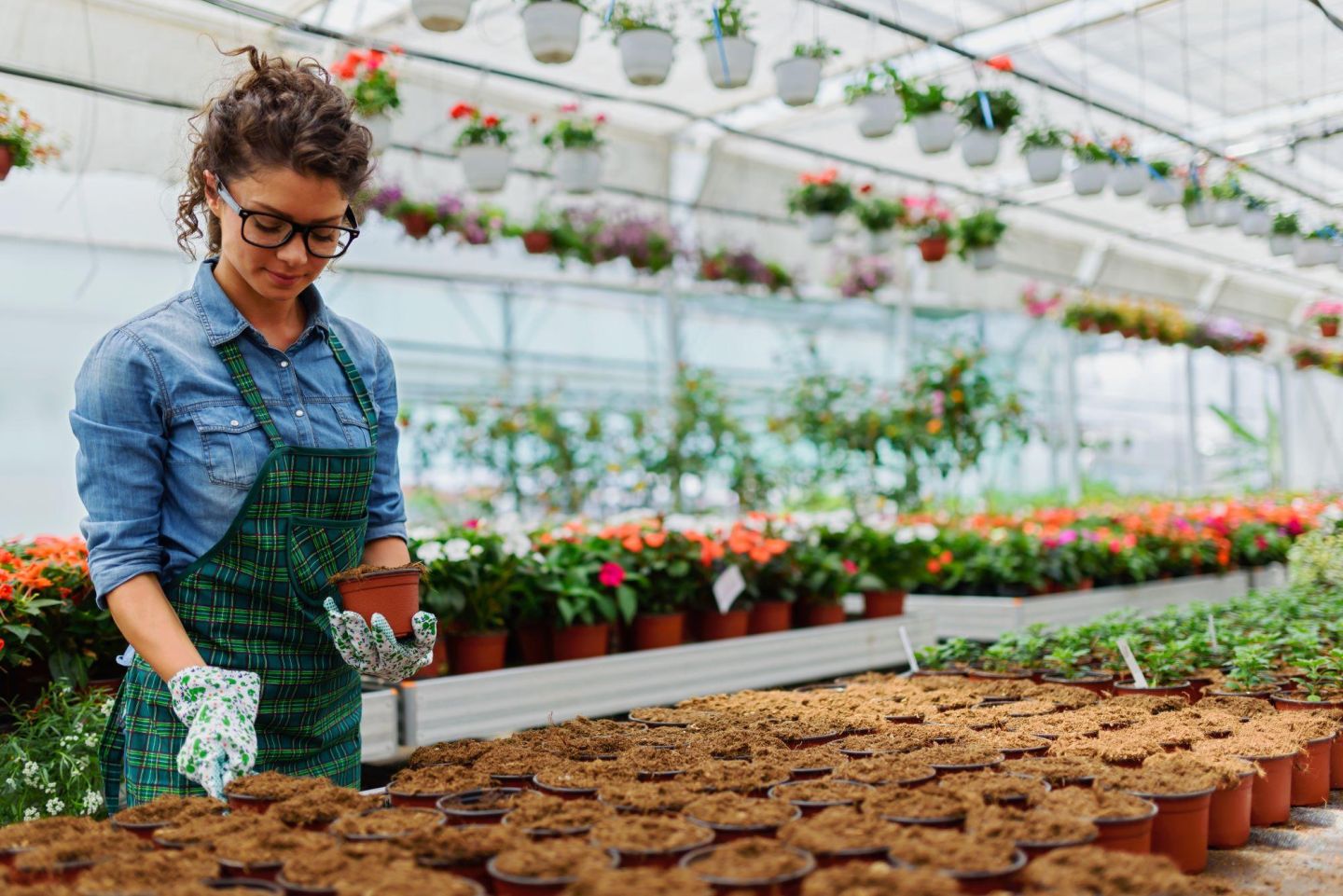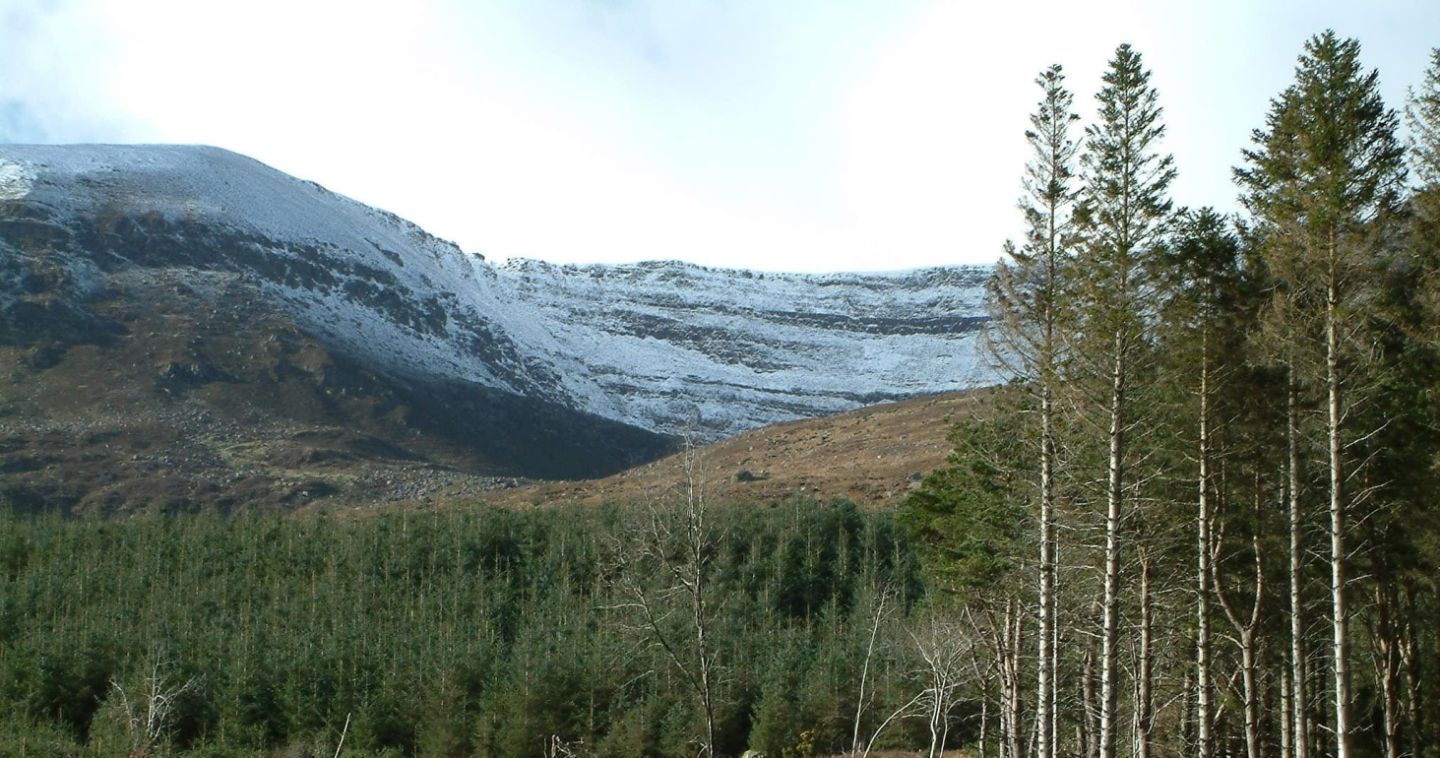Agricultural Science

What is Agricultural Science?
Agricultural Science is the application of science and other disciplines (e.g. business) to the production of quality food. It encompasses a wide range of services provided to farmers and other food producers to ensure quality standards and profitable production systems.
What is the BSc (Hons) in Agricultural Science course?
The purpose of the course is to prepare students for a career in the areas of agricultural science and agri-business. Graduates will have a strong background in the areas of science, food, agriculture, the environment, business and quality assurance. Self-management, team working, business awareness, problem solving, land management and communication are all areas which will be strongly incorporated into the main core of this level 8 programme.
Stamp duty exemption
This course fulfils the requirements for stamp duty exemption for land transfer for young farmers (Green Cert.)
BSc (Hons) in Agricultural Science placement
In the second semester of year 3, students can choose between a farm placement or an industrial placement.
The Farm placement is designed to give the student experience of practical farming on a high quality farm. The placement aims to allow learners to apply and develop their knowledge and skills. The farm placement is organised by Teagasc and the student will be placed on a mixed farm enterprise in order to gain a broad experience of farming. The student will be monitored by the host farmer, by Teagasc staff and the student will keep a reflective work log. Students are also encouraged to seek placements overseas e.g. New Zealand, UK. The completion of a work log will develop the student’s ability to engage in reflective learning.
The Industrial Placement will allow learners to apply and develop their skills in the agri-food industry. Students will be placed for work experience for a minimum of 15 weeks during semester 2 of year 3. The industrial placement will be organised by SETU Waterford and monitored by the employer, SETU Waterford staff with the student keeping a reflective work log. The placement is designed to meet the needs of industry whilst providing the student with a broader skills-base. It is envisaged that the practical element of employment will complement the course content and help develop skills that are essential in today’s work environment. The industrial placement will be organised by SETU Waterford staff and monitored by the employer and SETU Waterford staff with the student keeping a reflective work log. The completion of a reflective work log will develop the student’s ability to engage in reflective learning.
Kildalton College
Students on this course take nine modules at Kildalton College of Agriculture. Transport is provided to Kildalton. For more information see here.
Video: Your Agricultural Science questions answered
Year 1
| Semester 1 | Semester 2 |
|---|---|
| Introductory Biology | Physical & Organic Chemistry |
| Introductory Chemistry | Cell Biology & Biochemistry |
| Introductory Physics | Physics for Scientists |
| Introductory Mathematics | Mathematics for Scientists |
| Introduction to ICT for Scientists | Animal Biology |
| Good Lab. Practice and Core Skills | Plant Biology |
Year 2
| Semester 3 | Semester 4 |
|---|---|
| Microbiology 1 | Animal Nutrition |
| Mechanisation and Safety (K) | Mathematics for Agri-Scientists |
| Statistics for Scientists | Food Process Technology |
| Agricultural Soils Management (K) | Grassland and Dairy Production (K) |
| Environmental Science | Tillage Crop Production (K) |
| Food Analysis | Beef and Sheep Production (K) |
Year 3
| Semester 5 | Semester 6 |
|---|---|
| Food Management Systems | Agricultural Science Farm Placement |
| Agriculture and the Environment | OR |
| Food Formulation | Agricultural Science Industrial Placement |
| Farm Business | OR |
| Crop Technology (K) | Science Professional Development |
| Animal Breeding and Technology (K) | OR |
| Study Abroad for Scientists |
Year 4
| Semester 7 | Semester 8 |
|---|---|
| Land Science Research Methods | Land Science Research Project |
| Animal Health, Welfare and Behaviour | Soils Nutrient Management |
| Applied Farm Management | Food Traceability & Bio-analysis |
| Sustainable Crop Management Systems (K) | Rural Entrepreneurship |
| Agricultural ICT | Sustainable and Renewable Energy |
| Marketing Strategy for Small Business | Choose one of the following: |
| * Integrated Pest Management | |
| (K) denotes module is taken in Kildalton College of Agriculture | *Sustainable Water Management Systems |
Leaving Cert: Minimum entry requirements for BSc (Hons) in Agricultural Science
2 subjects: H5
4 subjects: O6/H7
English or Irish: O6/H7
Mathematics: O6/H7
Advanced and Equivalent Entry for BSc (Hons) in Agricultural Science:
Career Opportunities for BSc (Hons) in Agricultural Science graduates
Graduates from BSc (Hons) in Agricultural Science can expect to find employment in the following areas:
- Senior technical positions in Quality Control in agri-food industries
- Sales & Marketing Departments of agri-businesses
- Technical personnel in organisations offering environmental and other services to farmers
- Start-up Agricultural-based businesses
- With further qualifications, graduates are qualified to teach agricultural science, work in farm advisory services and follow postgraduate studies
- The course fulfils the requirements for stamp duty exemption or land transfer for young farmers (Green Cert.)
Follow on Study for BSc (Hons) in Agricultural Science graduates
Graduates may proceed to postgraduate study, either research or taught, at SETU or other third-level colleges.
Career Opportunities for BSc (Hons) in Agricultural Science graduates
Graduates from BSc (Hons) in Agricultural Science can expect to find employment in the following areas:
- Senior technical positions in Quality Control in agri-food industries
- Sales & Marketing Departments of agri-businesses
- Technical personnel in organisations offering environmental and other services to farmers
- Start-up Agricultural-based businesses
- With further qualifications, graduates are qualified to teach agricultural science, work in farm advisory services and follow postgraduate studies
- The course fulfils the requirements for stamp duty exemption or land transfer for young farmers (Green Cert.)
Completion of a level 8 programme will also enable students to undertake taught Masters programmes or Masters degrees by research at SETU or other third-level colleges.
Stories
Related Courses
Course Leader

Dr Michael Breen
Programme Leader BSc (Hons) in Agricultural Science Lecturer in Chemistry -
Call: +35351302644
Email: [email protected]
Profile

